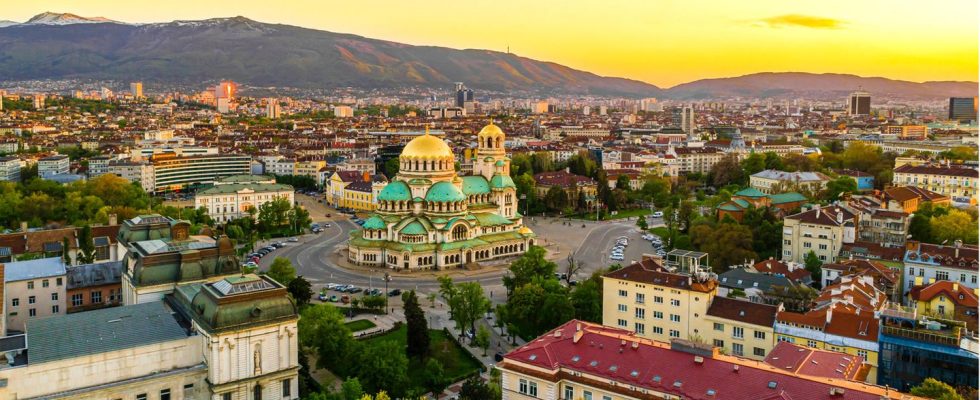Heat and storms, drought or heavy rain showers: extreme weather events are increasing in many countries. The climate crisis is responsible for this. A few weeks ago there was a fire in Greece, now parts of the country are flooded. Slovenia and Austria only struggled with floods in August, and in Rhineland-Palatinate and North Rhine-Westphalia the memory of the 2021 flood is probably still very much alive.
According to Climate Adapt, an EU platform for knowledge transfer, almost 73 percent of Europe’s population lives in urban areas. It will become all the more important that they adapt to the consequences of climate change: For example, are there enough green spaces? Can the air circulate? What precautions are there for natural disasters? There are very different advances.
Only half of Europe’s cities have a climate adaptation plan
A collective of researchers published a joint analysis in the journal Nature in March. The climate researcher Diana Reckien, who previously worked for the United Nations in the Intergovernmental Panel on Climate Change (IPCC), was in charge. The group examined over a 15-year period how effective the plans of cities in Europe are to prepare for the consequences of the climate crisis.
The researchers used six criteria as a basis: whether cities and communities analyze local risks, which adaptation goals and corresponding measures they are planning, how progress is monitored and, lastly, how the population is integrated into the planning.
Of the 327 cities examined, around half (167) had a climate adaptation plan between 2005 and 2020. The best positioned are Great Britain (30 cities with plans), Poland and France (22 cities each) and Germany (19 cities).
The research group also examined the consistency of the municipalities, i.e. whether the plans match the local risks and are monitored accordingly. Here the report comes to an ambiguous conclusion. The quality of urban adaptation plans in Europe has improved since 2005, but many cities are still lagging behind or have not even drawn up a plan yet.
Greta Thunberg
Five years of school strikes for the climate – five years of Fridays for Future
Health risks from the climate crisis
“Furthermore, most of the existing plans do not sufficiently take into account the specific needs of those people who are particularly vulnerable to climate impacts,” it continues. This particularly refers to vulnerable groups, such as sick or elderly people or people with low incomes. They would be less able to protect themselves and would not be sufficiently taken into account in many plans.
Just a few days ago, the Robert Koch Institute (RKI) warned in a report about the increasing health risks caused by the consequences of climate change. These are “comprehensive”, particularly due to increasingly poor air quality, more fine dust and higher UV radiation. The RKI also warned of psychological consequences such as sleep disorders, stress, depression or post-traumatic stress disorders.
Sources: Nature, Carbon letter, Robert Koch Institute, European Environment Agency“Daily Mirror“, Friedrich Ebert Stiftung, Dublin City Council

